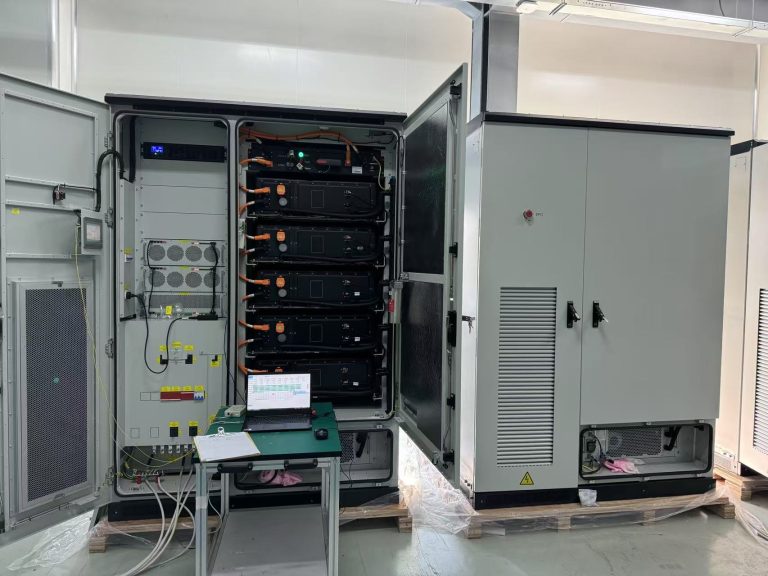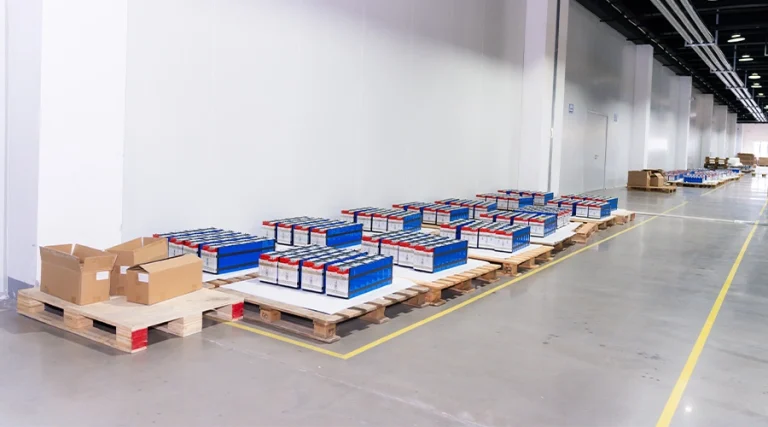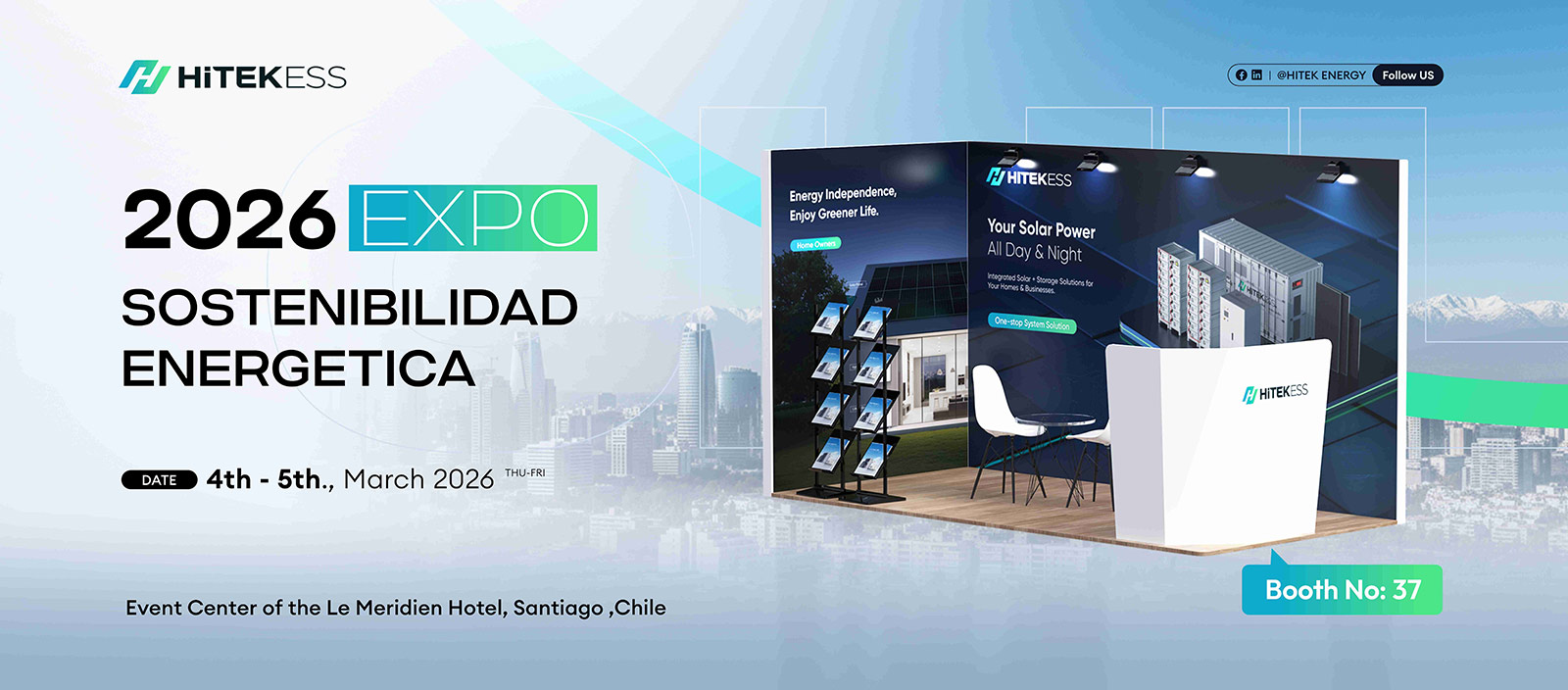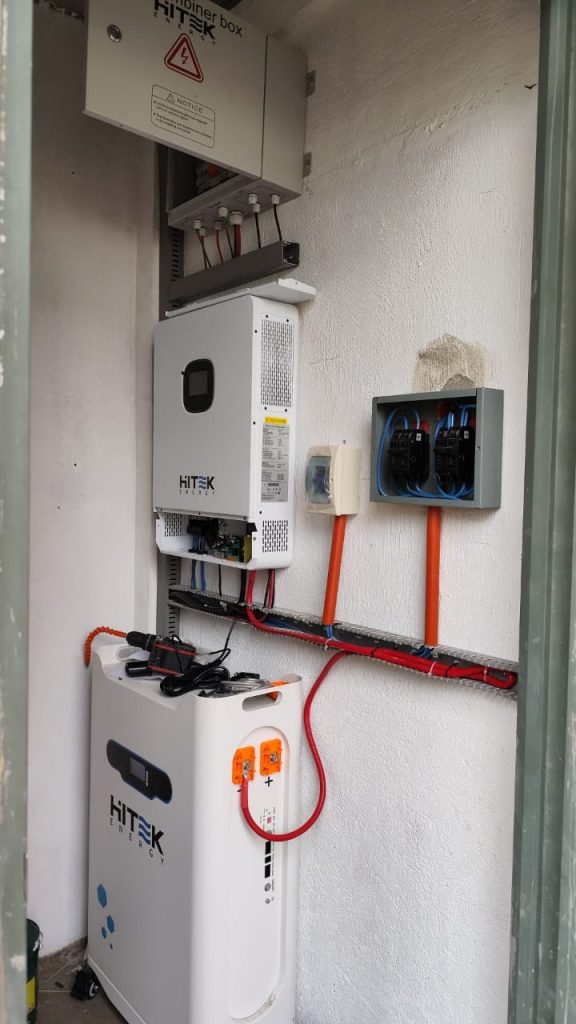
Finding the ideal solar inverter is absolutely essential. It makes your home solar installation run much better and more reliably. You have several choices. These include string inverters, microinverters, power optimizers, and hybrid types. Your roof’s particular shape matters a lot. So does any shade falling on it during the day. Your plans for storing energy also play a big role. This helpful guide breaks down important factors. We look at how well inverters work. We check what equipment they match with. We explore smart functions. We also cover safety certifications. All this helps you choose the perfect inverter. It will save you money for many years. Plus, it will give you strong, steady power. Let’s start powering your home the smart way.
What Are the Main Kinds of Solar Inverters for Homes?
Choosing the best solar inverter is a critical step. It improves how well your home solar system performs. The kind of inverter you pick determines how efficiently sunshine becomes power you can use in your house.
String Inverters
String inverters are the common choice for most houses. They connect a set of solar panels together. This group is called a string. One inverter handles the whole string. This arrangement costs less money. It is also straightforward to look after. But there is a problem. If one panel gets dirty or sits in the shade, its output falls. Then the entire string makes less power.
Microinverters
Microinverters work very differently from string types. You attach one directly to every single solar panel. This allows each panel to operate independently. Therefore, total energy production stays high. This holds true even if some panels are shaded or covered in dirt. They fit homes with tricky roof layouts perfectly. They also suit locations with partial shade at certain times.
Power Optimizers
Power optimizers team up with a main inverter. Like microinverters, you fit one to each panel. But they don’t change DC power to AC power right at the panel. Instead, they condition the DC output first. Then they send it along to the central inverter. This approach mixes the advantages of both string and microinverter setups.
Hybrid Inverters
Hybrid inverters add battery storage abilities. They let homeowners save surplus solar energy. You can use this stored power later. This gives greater freedom. It also cuts down dependence on the main electricity grid.
Knowledgeable professionals point out the decision depends on your home’s physical layout. Daily shade patterns matter greatly. So do your goals for storing power in batteries.
How Does Inverter Efficiency Change Total System Performance?
Inverter efficiency deeply influences how much solar energy your home effectively uses.
Conversion Efficiency and Lost Energy
The very best inverters achieve efficiencies beyond 97 percent. This indicates minimal energy disappears during the DC to AC changeover. Models with lower efficiency might waste more power over the years. This reduces the overall gains from your solar investment.
Maximum Power Point Tracking (MPPT) Features
MPPT technology helps an inverter constantly tweak its voltage and current. It guarantees the highest possible power comes from each panel or string. Sophisticated MPPT systems boost performance significantly. This is especially true when sunlight levels shift around.
Heat Control and Behavior in Different Weather
Inverter efficiency can decrease during hot weather. Models featuring strong cooling mechanisms perform much better. Examples include effective heat sinks or quiet fans. They keep output steady even on very warm days.
Specialists emphasize that poor efficiency does two bad things. It reduces usable energy immediately. It also stretches out the time needed to earn back your solar costs.
Which Points Should You Check When Picking a Solar Inverter?
Selecting the right inverter means aligning its abilities with your home’s unique situation.
System Scale and Power Needs
Confirm the inverter’s power rating suits your solar panel array’s output. Ideally, it should match or go a little higher. An inverter that’s too small might restrict extra power generation. On the flip side, an oversized unit may not operate well at lighter loads.
Matching Solar Panels and Battery Storage
Not every inverter works smoothly with all panel brands or battery systems. Double-check compatibility with your chosen parts before buying. This is extra important if you might upgrade components later on.
Grid-Connected Compared to Off-Grid Uses
For homes hooked up to the utility lines, grid-tied inverters are essential. They enable sending unused power back to the grid. This happens through net metering arrangements. Off-grid systems demand standalone or hybrid inverters. These handle power management entirely without grid support.
Experts highlight a key warning. Overlooking compatibility or the intended application type often leads to costly corrections. Performance headaches frequently follow too.
What Part Does the Installation Spot Play in Choosing an Inverter?
The actual location where you install the inverter impacts its toughness and trustworthiness.
Indoor Compared to Outdoor Installation Points
Certain inverters are designed solely for indoor mounting. Others boast rugged, weatherproof enclosures. This makes them safe for outdoor placement. Often, they go near your home’s main electrical panel.
Environmental Protection Ratings (IP Ratings)
Seek out IP ratings demonstrating defense against dust and water. Inverters rated IP65 are generally safe outside. They handle rain showers and dusty conditions without trouble.
Airflow and Cooling Demands
Good air movement around the inverter stops dangerous overheating. Avoid putting units inside cramped spaces lacking ventilation. Unless, of course, they have integrated cooling technology built right in.
Observers note that mismatched installation environments frequently shorten an inverter’s useful life. Sometimes the reduction is quite large.
How Crucial Are Monitoring and Smart Functions in Today’s Inverters?
Smart features provide immediate insights into your system’s condition. They assist homeowners in maximizing their solar investment.
Live Performance Monitoring
Numerous modern inverters incorporate monitoring tools. You typically reach these via smartphone apps or web portals. They display useful information. This includes daily energy made, voltage levels, and any fault messages.
Distance Diagnostics and Warning Notices
Advanced inverters can send automatic alerts about potential issues. This permits service technicians to identify problems from afar. It saves considerable time by avoiding unnecessary site trips.
Linking Up with Smart Home Networks
Some premium inverters connect to popular smart home platforms. Examples are Amazon Alexa or Google Home. They let you automate energy decisions based on household habits.
Industry voices stress a serious point. Without monitoring, performance troubles can remain hidden. Significant energy losses might build up before anyone notices.
What Approvals and Safety Rules Must You Verify?
Meeting recognized standards guarantees safety, reliability, and access to financial incentives.
Following Local Electrical Rules
Always confirm the inverter meets local electrical regulations. In the USA, this means the National Electrical Code (NEC). This step is vital for grid-tied systems.
Worldwide Standards (IEC, UL, etc.)
Look for certifications like UL 1741 for North America. For global markets, IEC 62109 is important. These prove safety under diverse operating conditions.
Warranty Details and Help Services
A longer warranty period signals manufacturer confidence. Five to ten years is common now. Also, see if a responsive service network exists nearby. This ensures quick support if required.
Advisors suggest checking certifications early in the process. Non-compliant inverters often miss out on rebates or subsidy programs.
Why Is After-Sales Support So Important for Long-Term Use?
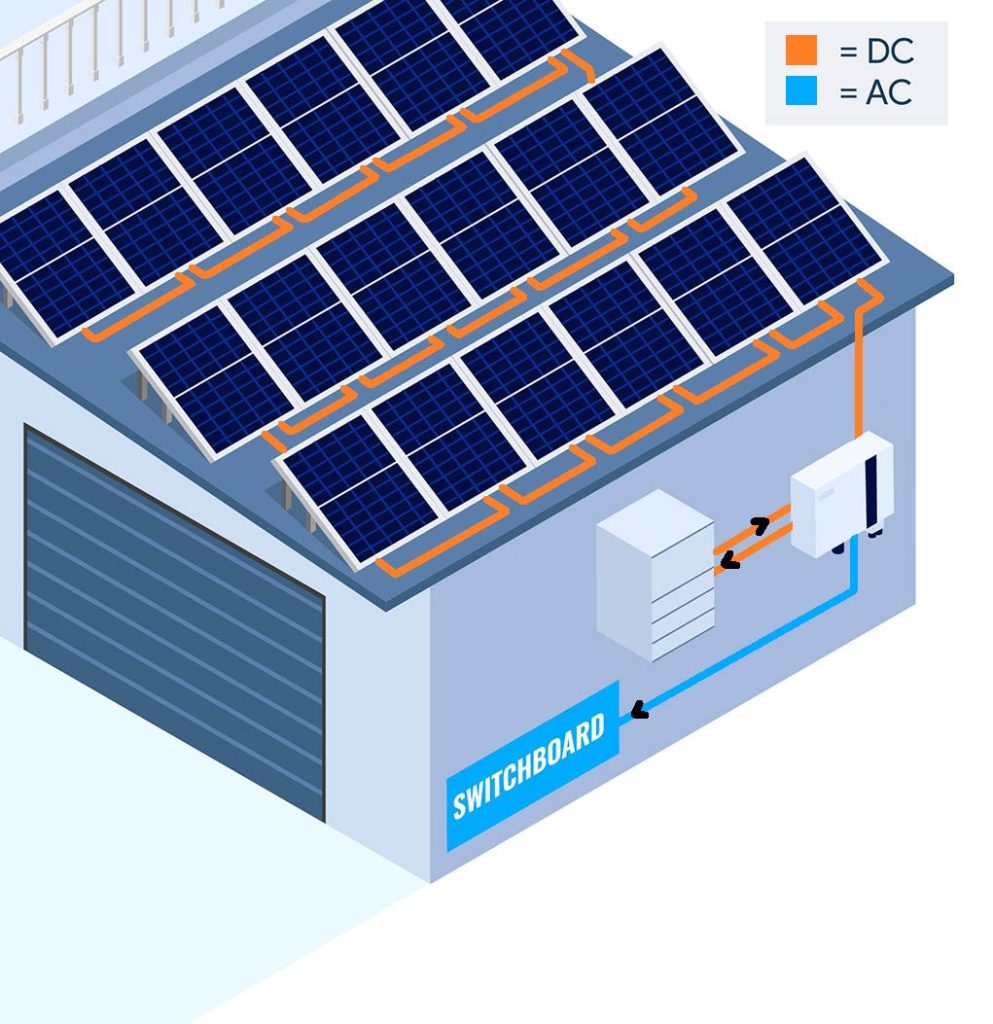
Strong after-sales support keeps your system humming smoothly for many years.
Access to Technical Help
Quick connection to expert advice reduces downtime when problems arise later. This maintains your system’s efficiency consistently.
Software Updates and Care Services
Modern inverters frequently receive firmware updates. These can boost performance or tighten security. Make sure the company supplies these updates regularly and reliably.
Spare Parts Availability and Repair Rules
Verify that replacement parts can be sourced locally. If not, repairs might take much longer. Extended outages could affect your home’s energy independence.
Seasoned professionals issue a clear warning. Weak after-sales support turns small glitches into lengthy disruptions. Your energy self-sufficiency suffers as a result.
Who Exactly Is HITEK ENERGY CO., LTD, and Why Do People Trust Them?
HITEK ENERGY is a leading innovator in solar energy storage solutions, specializing in residential and commercial & industrial solar power systems.
HITEK ENERGY CO., LTD stands as a reliable source for top-grade solar solutions.
They tailor these for homes all around the world.
Looking at HITEK ENERGY CO., LTD’s Product Range
HITEK ENERGY provides a wide selection of solar equipment. This includes hybrid inverters sized from 3kW right up to 20kW. These fit single-phase homes perfectly. They also serve larger properties needing three-phase power.
Focus on Quality, New Ideas, and Pleasing Customers
HITEK ENERGY concentrates on clever designs. They enforce rigorous quality checks. Their manufacturing flow guarantees long-lasting products. These are constructed for dependable home use globally, year after year.
Worldwide Presence and Standing in the Industry
Operating across multiple continents, HITEK ENERGY earns respect from installers everywhere. Their quick, helpful customer service stands out. Combined with deep engineering knowledge, this makes them a frontrunner in clean energy technology.
Conclusion
Picking the perfect solar inverter demands careful thought. You must balance complex technical details. Consider your home’s physical surroundings seriously. Think about possible future expansions too. Factor in your desire for smart features. Reliable suppliers like HITEK ENERGY CO., LTD offer trustworthy product ranges. These are backed by worldwide service teams. By thoroughly checking efficiency numbers first, you make progress. Ensure certification compliance matters. Think hard about installation suitability. Value monitoring abilities highly. And insist on solid after-sales support. Doing all this leads to the best outcome. You achieve outstanding, enduring performance from your home solar power system. It delivers clean energy reliably for a long time.
FAQS About Picking a Solar Inverter
What size inverter fits my home solar setup best?
The size links directly to your total panel wattage. As a general guide, select an inverter rated between 80% and 120% of your array’s peak capacity. This provides a good operating range.
Is it possible to upgrade my inverter later if I add more panels?
Yes, certainly. Modular designs like microinverters simplify expansion much more than fixed-capacity string models. Adding panels is generally straightforward.
Do all solar inverters let me add battery storage later?
No, they do not. Only hybrid inverters include built-in battery support right from the start. Other types usually need extra controllers. Sometimes a full upgrade becomes necessary.
Can microinverters really save money if my roof has no shade?
They might cost more initially compared to a basic string inverter. However, they maximize output per panel. Over a very long period, this extra efficiency could justify the higher starting price. It depends on your specific roof and energy costs.
How often does a hybrid inverter need maintenance checks?
Hybrid units combining solar and battery functions need periodic reviews. Consult the manufacturer’s guide. Typically, a professional check every 2-3 years is wise. This keeps everything running safely and efficiently.
HITEK ENERGY’S BEST-SELLING SOLAR INVERTERS
- Hitek in Stock Deye Hybrid Inverter 6kw 8kw 10kw 12kw Three Phase on-off Grid Hybrid Solar Inverter Sun-10K-Sg04lp3-EU 48V LV
Model: SUN-10K-SG04LP3-EU
- Hitek off Grid Solar Inverter 5kw 8kw 10kw Singe Phase 220V 230V 240VAC Solar Energy System Pure Sine Wave Inverter 10000W for Home
Mdel: HT-SPI-10KW
- 10 Years Warranty Deye 48V All in One 8kw 10kw 12kw Hybrid Solar Inverter Three Phase 12kw Hybrid Inverters Sun-5/6/8/10/12K-Sg04lp3-EU
Model: SUN-10K-SG04LP3-EU
- Atess All in One Energy Storage System Inverter 30kw 50kw 100kw 150kw Hybrid Inverter HPS 100 150 Solar Power Inverter for Solar Panel System
Model: HPS150

